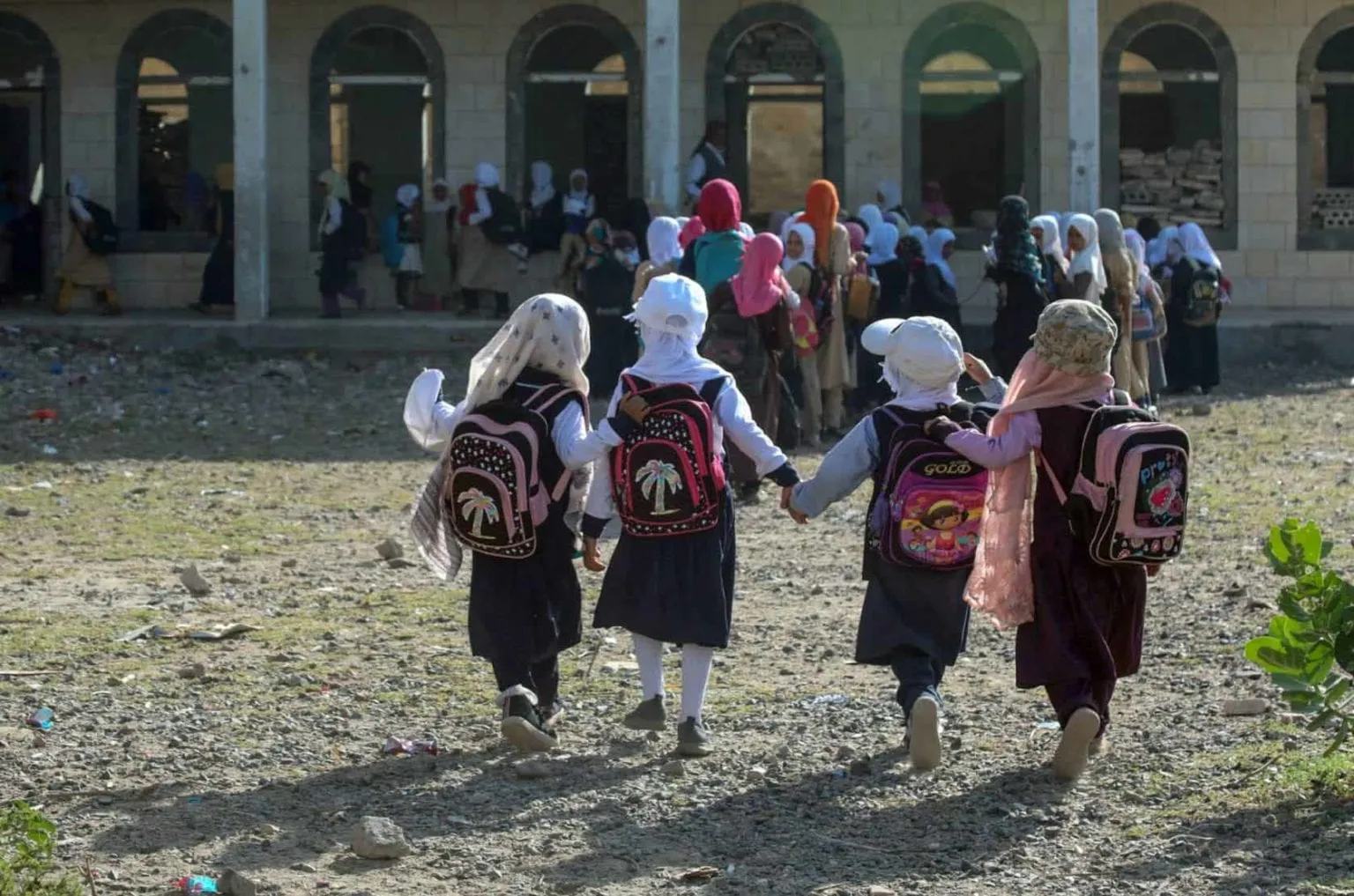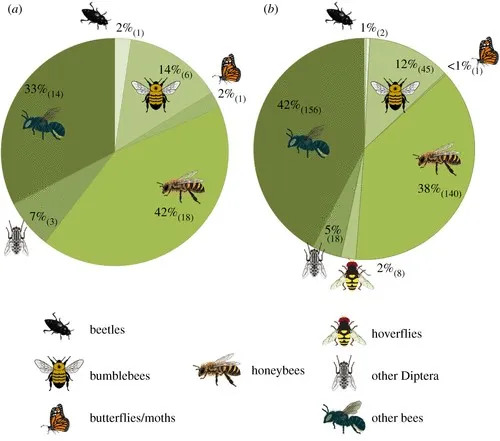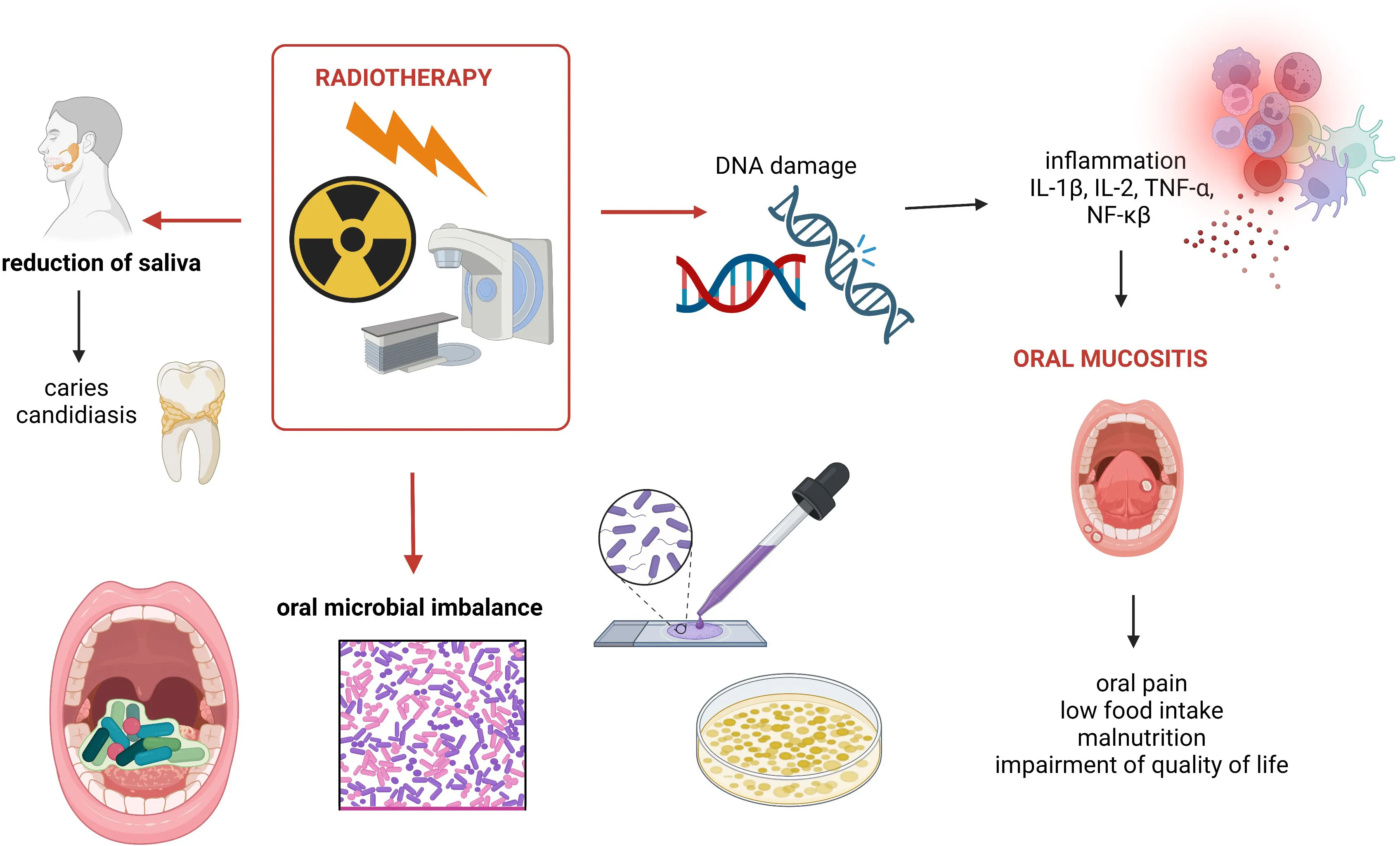Trends
Anti-Cancer Therapy Options in Pediatric Patients, Prevalence of Oral Mucositis, and Treatment Strategies in Saudi Arabia: A Cross-Sectional Survey
Biometrics System and its Uses in Forensic Science
Preventive Measures to Prevent the Abuse of Mydrapid and Plegica eye Drops as Narcotics in Palestine
Children in Yemen bear the brunt of the warfare that
began in March 2015 where over 2 million children are not attending school,
over 4 million require assistance to access education, and more than 20% of all
primary and secondary schools are closed.
Given the scarcity of data and the lack of prior research, this paper
aims to investigate the relationship between Yemeni children's mental health
and its consequences on the quality of education, academic level, and school
desertion. We searched databases and identified ___ articles, of which ___ were
included and taken from academic sources, governmental and non-governmental organizations.
Exposure of Yemeni children to warfare poses serious mental health risks to
their development. The pivotal key factors include child army enlistment,
threatened personal safety and security, bombarding of schools or their
conversion to military bases, financial inability of families to enroll their
children in private schools, and displacement with resultant regional
discrimination. Additionally, posttraumatic stress disorder (PTSD) manifests in
the form of anxiety, lack of concentration and social phobia, with children’s
inability to seek psychiatric therapy due to social stigma surrounding it. Yemen,
a once thriving country on the verge of infrastructural collapse and
deteriorating educational and healthcare systems, is a prime example of the need
for global assistance to maintain the mental wellbeing of its children. Yemen's
government must develop a national mental health policy to allocate enough
funding for mental healthcare and alter society’s perception of mental health
and break the stigma of psychiatric therapy.
Share This Post:

Asma'a Munasar Ali Alsubari
General medicine and surgeryGeneral medicine and surgery. Faculty of medicine . Sana'a University. Sana'a. . Yemen.








